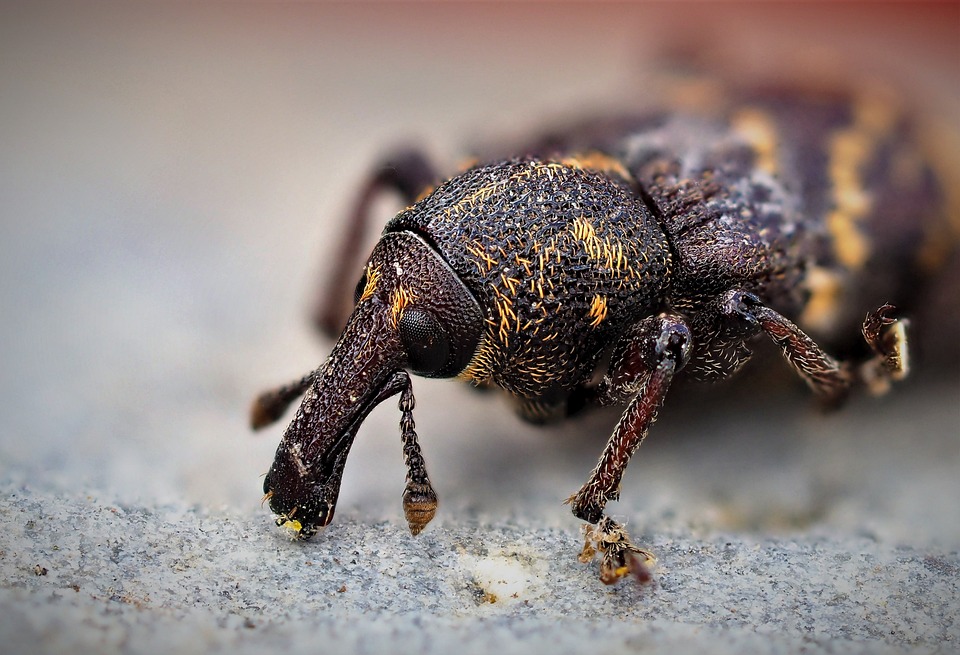Pest infestations can strike at the most unsuspecting moments—whether it’s a swarm of ants invading your kitchen at an inopportune hour, a colony of termites compromising the structural integrity of your home, or a family of raccoons rummaging through your attic. When these emergencies occur, the importance of prompt and effective pest control cannot be overstated. Here’s a guide to understanding emergency pest control and how to find the right local exterminators to resolve the issue swiftly and efficiently.
Understanding the Need for Emergency Pest Control
What Constitutes a Pest Emergency?
Pest emergencies come in various forms, and the classification often depends on the type of pest, the extent of the infestation, and the potential damage or health hazards involved. Common scenarios include:
- Health Risks: Rodents, mosquitoes, and cockroaches can carry diseases that pose a direct threat to human health.
- Structural Damage: Termites and carpenter ants can cause significant damage to wood structures, potentially leading to costly repairs.
- Property Damage: Certain pests, like raccoons or squirrels, can cause damage to insulation, wiring, and ductwork.
- Food Contamination: Ants, flies, and pantry pests can contaminate food supplies, posing health risks and economic losses.
If you detect any signs of a significant infestation, it’s crucial to act quickly to prevent further consequences.
Steps to Take during a Pest Emergency
Assess the Situation
Before contacting an exterminator, assess the level of infestation. Is it localized, or are pests spreading throughout your home? Understanding the severity can help you communicate effectively with professionals.
Focus on Safety
If the infestation poses immediate health risks (e.g., venomous spiders or aggressive wasps), take preliminary steps for safety:
- Evacuate affected areas.
- Secure food and personal belongings.
- Keep children and pets away from the infested areas until help arrives.
Shut Off Infestation Sources
If possible, identify sources of food, water, or shelter contributing to the pest problem and eliminate them temporarily. For example, sealing food containers or fixing leaks can deter pests from returning.
Finding a Local Exterminator for Emergency Pest Control
Research Local Exterminators
-
Online Searches: Websites and apps like Yelp, Google Maps, and Angie’s List provide lists of local pest control services with customer reviews, ratings, and contact information.
-
Ask for Recommendations: Consult friends, family, or neighbors for recommendations, as personal experiences can yield trustworthy leads.
- Check Credentials: Ensure that the exterminators you consider have licenses, certifications, and insurance coverage. Professional organizations and state agricultural departments often maintain directories of licensed pest control operators.
Emergency Services and Response Time
When selecting a pest control service, inquire about their emergency response capabilities:
- Availability: Ensure they offer 24/7 services or have clear policies for after-hours emergencies.
- Response Time: Ask how quickly they can send someone to your location, as timely intervention can mitigate greater damage.
Compare Methods and Solutions
A reputable exterminator should provide a clear outline of their methods and treatments for the specific pest problem. Inquire about:
- Eco-friendly Options: If you’re concerned about environmental impact, ask whether they provide green pest control solutions.
- Integrated Pest Management: This holistic approach combines multiple strategies to solve the pest problem effectively while minimizing harm to beneficial insects and the environment.
Aftercare and Prevention
Once your pest emergency has been addressed, it’s important to take preventive measures to avoid future infestations. Here are a few key strategies:
- Seal Entry Points: Identify and seal gaps, cracks, and openings that pests could use to enter your home.
- Maintain Cleanliness: Regularly clean and declutter your living spaces, especially areas like kitchens and storage rooms, to limit potential pest attractants.
- Regular Inspections: Consider scheduling periodic pest inspections with your exterminator to identify any early signs of infestations.
Conclusion
Emergency pest control is a crucial service for maintaining the safety and integrity of your home. By understanding the nature of your pest problem and taking proactive steps to find a qualified local exterminator, you can tackle infestations efficiently and effectively. Always remember that staying informed and prepared is the best defense against unexpected pest emergencies.
